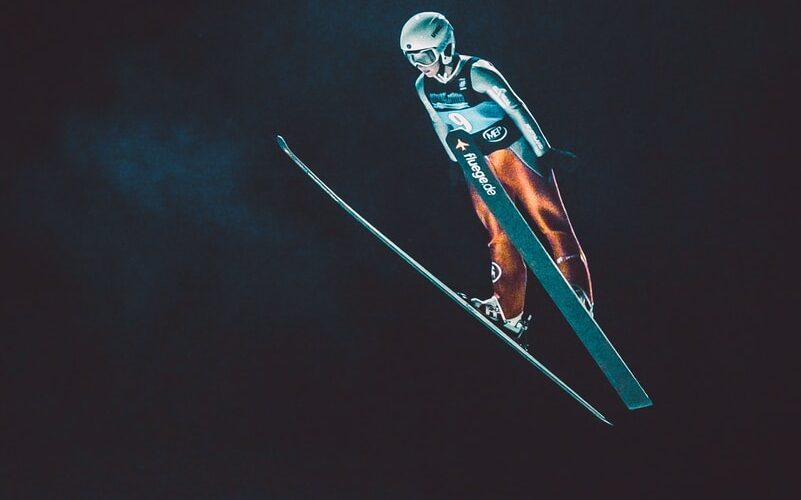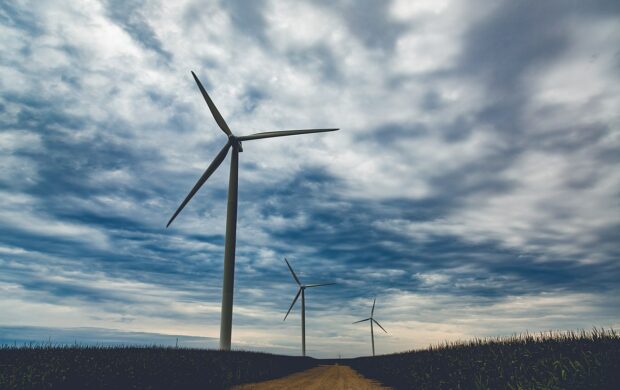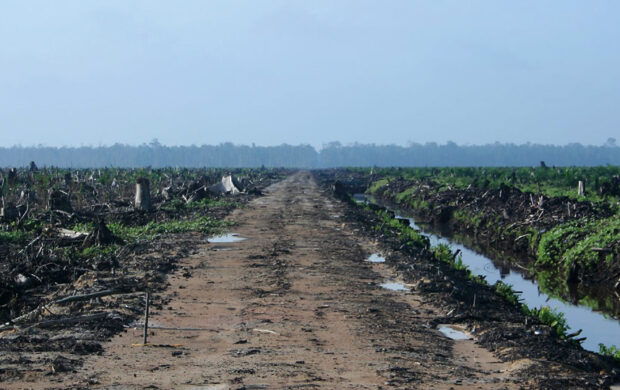The Winter Olympics held in Beijing are relying on artificial snow after a reduction in natural snowfall renders the region unsuitable for sports.

This is part of a long-term effort to transform the landscape into “China’s version of the Alps” creating an idyllic holiday destination, and boosting the local economy.
So what?
Creating fake snow is a water and energy intense process, which could prove damaging in the Zhangjiakou region where temperatures are rising and precipitation is falling. As the snow melts in warmer months, the runoff risks polluting nearby waterways harming the local ecosystem.
Whilst there will be definitely be economic benefits from the Olympics and future influx of skiing tourists, the fake snow is a microcosm for the negative cycle our adaptive methods create. We risk further damaging the environment, reducing the likelihood of natural snow even more and resorting to creating fake snow.















Join discussion